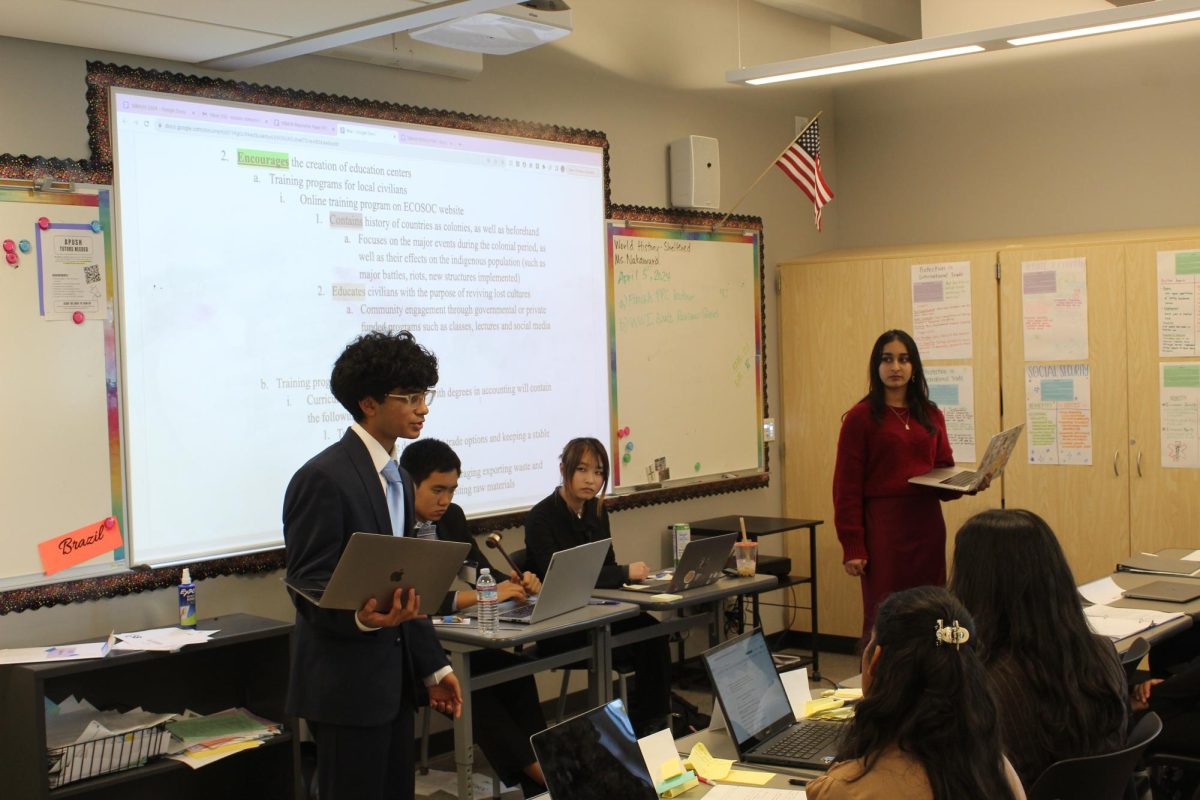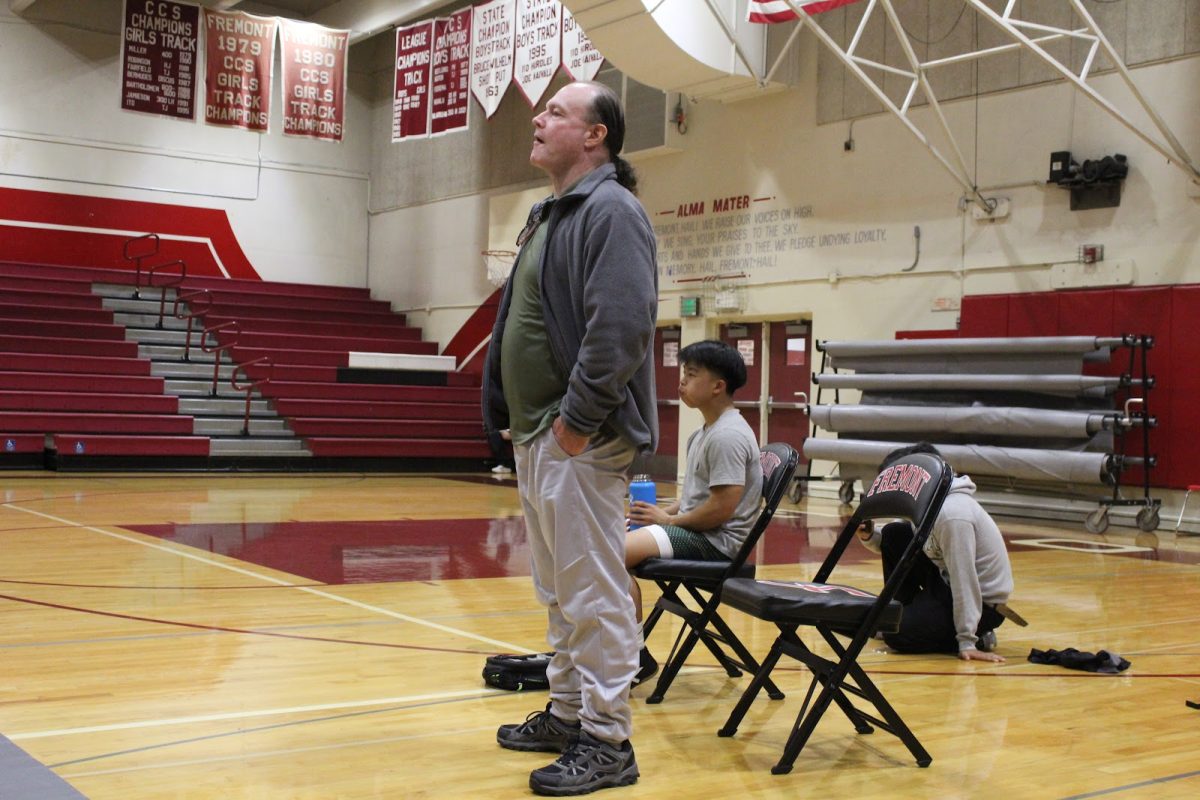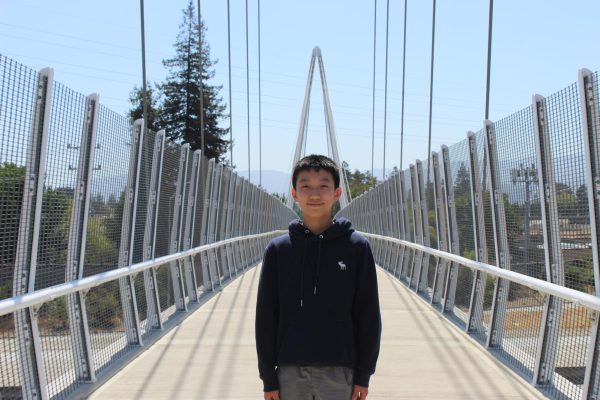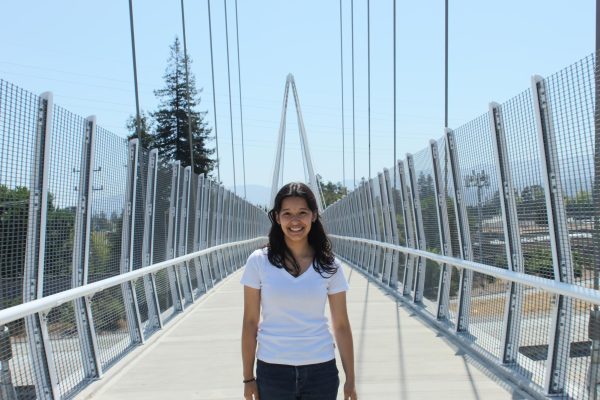Starting with the class of 2029, ethnic studies will be a required course for all freshmen across FUHSD schools, following the state requirement to implement it by 2030, principal Denae Nurnberg said.
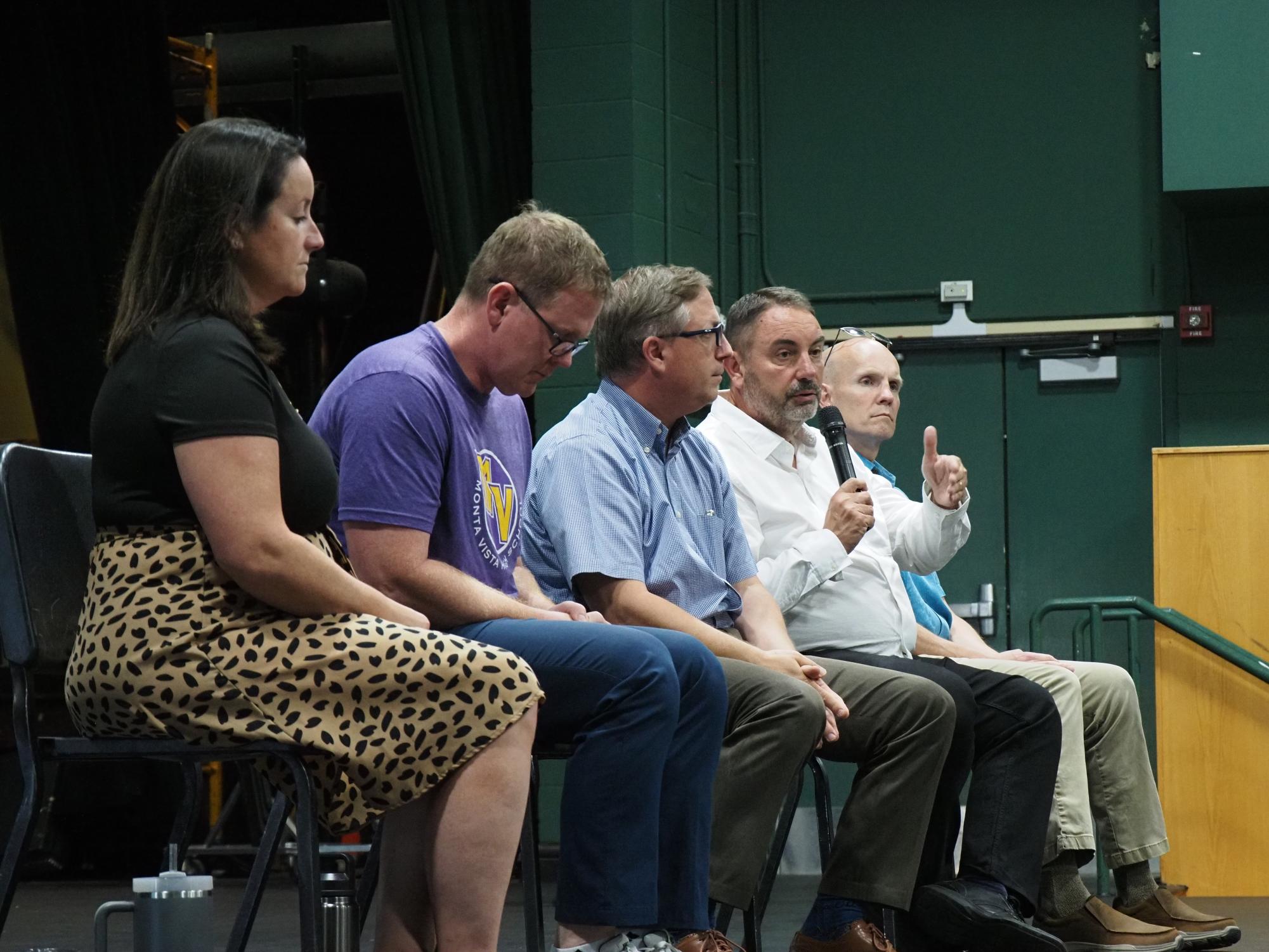
The main objective of the course includes teaching students about social conflicts in history through a unique lens, allowing them to explore their identities, superintendent Graham Clark said.
“Ethnic studies is [there] to focus on the experiences of different people living in the country and different ethnicities, things that might not have been covered in our regular U.S. history or world history curriculum,” Clark said. “In our district, we’re looking at what the ethnic makeup of our district is and what types of units would be of interest to our students.”
After piloting ethnic studies at FUHSD schools last year, the district will use feedback given by parents, students and teachers to refine the curriculum for future implementation, Clark said. As a result, Clark said board meetings were held so the district could present some of the units being taught in the course to community members.
“The idea of doing a pilot is that you’re going to get feedback and you’re going to modify [the course,]” Clark said. “There definitely were changes being made to the curriculum [after listening to community input] and hearing experiences of students who took the course last year.”
Furthermore, Nurnberg said the curriculum was made by referencing those from school districts that already implemented the ethnic studies requirement.
“The leadership team and a team of teacher leaders studied a lot of different course designs across the state of California because there were a number of districts that already had ethnic studies in their schools,” Nurnberg said “They really took on more of a constructivist approach where you learn a concept and then how it applies to you, your local context, your society, and you are really designing your own learning in a lot of ways based on more of an inquiry model in the curriculum.”
Despite ethnic studies being a required elective for freshman, there are no plans to change the current bell schedule, Clark said. However, schools will attempt to build schedules that accommodate students’ requests while still fulfilling the ethnic studies requirement.
“We put the [course] request out there, and then students sign up for them, and then we try to build a schedule that gives as many students as possible their first choice,” Clark said. “So that’s really all of our goals and so we would still be doing that.”
Reflecting on the implications of ethnic studies, social studies curriculum lead Viviana Torres said she hopes students can gain insight on how their communities influence them and how they influence other communities. The goal is for students to see how their life experiences impact the current way they view the world, Torres said.
“Students very often either believe or are told that they don’t have the power to make a change,” Torres said. “But we want them to know that every individual in our society has agency and that we have the right to choose who we are. That choice is a form of agency as well.”
Similarly, Clark said that he hopes ethnic studies is not only an opportunity for students to explore their own identities but also those of others.
“In our district, we are hoping it’s an opportunity for people to learn about a different ethnicity, not your own that you were born with or that you grew up in, but a different one,” Clark said. “Hopefully [students] can get some empathy from that and also have an opportunity to explore [their] own ethnicities.”









